Dave Brubeck - Milestones of a Jazz Legend (2018) 10CD

Dave Brubeck - Milestones of a Jazz Legend (2018) 10CD
Artist: Dave Brubeck Title Of Album: Milestones of a Jazz Legend Year Of Release: 2018 Label (Catalog#) :The Intense Media600484 Country:: USA Genre: Cool Jazz Quality: FLAC (tracks+cue,log) Bitrate: Lossless Time: --------- Full Size: 3.15Gb(+3%)(covers,png) Info: wiki Upload: xfile.cloud
04 10, 2025
Overkill - The Atlantic Years - 1986 - 1994 (2021)
Band: Overkill Country: United States Album: The Atlantic Years - 1986 - 1994 (Box-set) Genre: Thrash Metal, Heavy, Groove Publisher: Atlantic, BMG (538677070) Quality: FLAC (image. cue. log. full scans) Size: 2.24 Gb Sharing: X-files
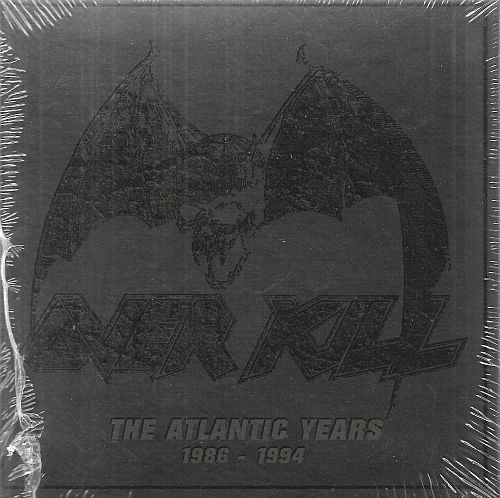
Overkill - The Atlantic Years - 1986 - 1994 (2021)
Band: Overkill Country: United States Album: The Atlantic Years - 1986 - 1994 (Box-set) Genre: Thrash Metal, Heavy, Groove Publisher: Atlantic, BMG (538677070) Quality: FLAC (image. cue. log. full scans) Size: 2.24 Gb Sharing: X-files
04 10, 2025
Nils Lofgren: Albums Collection - 7 Albums Mini LP SHM-CD + 9CD/DVD Deluxe Edition Box Set 2014
Lossless Galaxy Release Nils Lofgren: Albums Collection 7 Albums Mini LP SHM-CD + 9CD/DVD Deluxe Edition Box Set Performer: Nils Lofgren Box / Albums: 2014 Face The Music (9CD + DVD Deluxe Edition Box Set Fantasy Records) ------------------------------------------- 1973 Gone Crazy ● 1975 Nils Lofgren ● 1975 Back It Up!! 1976 Cry Tough ● 1977 I Came To Dance 1977 Night After Night 2CD ● 1979 Nils (Mini LP SHM-CD Universal Music Japan 2014) Info: A"> Каждый альбом можно скачать отдельно
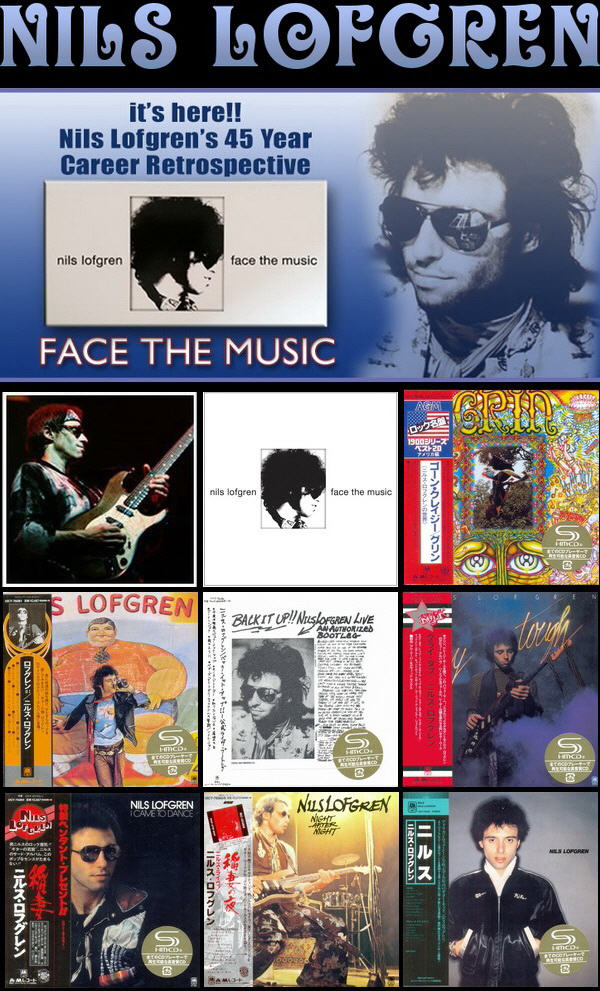
Nils Lofgren: Albums Collection - 7 Albums Mini LP SHM-CD + 9CD/DVD Deluxe Edition Box Set 2014
Lossless Galaxy Release Nils Lofgren: Albums Collection 7 Albums Mini LP SHM-CD + 9CD/DVD Deluxe Edition Box Set Performer: Nils Lofgren Box / Albums: 2014 Face The Music (9CD + DVD Deluxe Edition Box Set Fantasy Records) ------------------------------------------- 1973 Gone Crazy ● 1975 Nils Lofgren ● 1975 Back It Up!! 1976 Cry Tough ● 1977 I Came To Dance 1977 Night After Night 2CD ● 1979 Nils (Mini LP SHM-CD Universal Music Japan 2014) Info: A"> Каждый альбом можно скачать отдельно
04 10, 2025
Жанры
Lossless Galaxy Release
Русская музыка
--Поп
--Рок
--Панк
--Альтернатива
--Металл
--Рэп, Хип-Хоп, R'n'B
--Джаз и Блюз
--Фолк
--Шансон, Авторская песня
--СССР
Зарубежная музыка
--Pop
--Rock
--Hard Rock
--Progressive & Art-Rock
--Pop-Rock & Soft Rock
--Instrumental Rock
--Heavy, Traditional, Industrial Metal
--Power, Gothic, Sympho Metal
--Thrash, Speed, Groove, Modern Metal
--Death, Melodic Death, Doom, Dark Metal
--Black, Pagan, Folk, Viking Metal
--Alternative
--Punk
--Disco, Eurodance
--Rap, Hip Hop, R'n'B
--Reggae, Ska, Dub
--Jazz, Blues, Soul
--Folk, Country, Ethnic
--Electronic, Ambient, New Wave
--House, Techno, Trance
Другие жанры
--New Age, Relax, Meditative & Flamenco
--Chillout, Lounge, Downtempo, Trip-Hop
--Drum & Bass, Jungle, Breakbeat, IDM
--Classical / Классическая музыка
--Soundtrack
--Музыкальные сказки
Vinyl Rip
HI-Res / DVD-Audio / DTS
--SACD
--DSD
--DVD-Audio
Сборники Lossless-Galaxy
Альбомы 2022
Альбомы 2023
Альбомы 2024
Теги
1st Press 2022 2023 2024 2025 70... AOR Black Metal Blues Blues Rock Bootleg Series Classic Rock Death Metal Discography Exclusive for Lossless-Galaxy Folk Rock Fusion Hard Rock Heavy Metal Hi-Res Japanese Edition Jazz Jazz Rock lossless Melodic Death Metal Melodic Rock Modern Electric Blues Pop Pop Rock Power Metal Prog Rock Progressive Metal Progressive Rock Psych Rock Psychedelic Rock Rock SACD Symphonic Metal Thrash Metal Дискографии от KoGGaN
Архивы
Опрос
В каком формате хотели бы видеть релизы на сайте ?
 Автор: sirk, 20 октября 2023, Комментариев: 0, Просмотров: 841
Автор: sirk, 20 октября 2023, Комментариев: 0, Просмотров: 841Stray - Mudanzas (1973) (Remastered, Expanded, 2005)
Artist: Stray
Title Of Album Mudanzas
Year Of Release: 1973/2005
Label (Catalog#) : Estrella Rockera [ER 42125]
Country: UK
Genre: Hard Rock, Prog Rock
Quality: FLAC (image +cue,log,scans)
Bitrate: Lossless
Total Time: 00:56:15
Total Size 394(+3%)
Title Of Album Mudanzas
Year Of Release: 1973/2005
Label (Catalog#) : Estrella Rockera [ER 42125]
Country: UK
Genre: Hard Rock, Prog Rock
Quality: FLAC (image +cue,log,scans)
Bitrate: Lossless
Total Time: 00:56:15
Total Size 394(+3%)
Tracks:
-------
1. Changes (Steve Gadd) - 1:04
2. Come On Over (Del Bromham, Steve Gadd) - 4:10
3. Alright Ma! (Del Bromham, Steve Gadd) - 3:08
4. Oil Fumes And Sea Air (Del Bromham) - 4:53
5. Gambler (Steve Gadd) - 3:33
6. Hallelujah (Del Bromham) - 3:19
7. I Believe It (Del Bromham) - 6:44
8. Pretty Thing (Del Bromham, Steve Gadd, Richie Cole, Gary Giles) - 5:48
9. Soon As You've Grown (Del Bromham) - 2:41
10.Leave It Down To Us (Del Bromham) - 4:56
Bonus Tracks Live:
11.Take A Life (Del Bromham, Richie Cole, Gary Giles) - 3:20
12.Jericho (Del Bromham) - 4:48
13.I Believe It (Del Bromham) - 7:36
Personnel:
-----
Del Bromham - Lead, Acoustic, Hawaiian Guitar, Hammond Organ, Piano, Vocals
Steve Gadd - Lead Vocals, Acoustic Guitar, Harmonica, Maracas, Congas, Cabasa, Tambourine
Gary Giles - Bass
Richie Cole - Drums
All thanks to original releaser
-------
1. Changes (Steve Gadd) - 1:04
2. Come On Over (Del Bromham, Steve Gadd) - 4:10
3. Alright Ma! (Del Bromham, Steve Gadd) - 3:08
4. Oil Fumes And Sea Air (Del Bromham) - 4:53
5. Gambler (Steve Gadd) - 3:33
6. Hallelujah (Del Bromham) - 3:19
7. I Believe It (Del Bromham) - 6:44
8. Pretty Thing (Del Bromham, Steve Gadd, Richie Cole, Gary Giles) - 5:48
9. Soon As You've Grown (Del Bromham) - 2:41
10.Leave It Down To Us (Del Bromham) - 4:56
Bonus Tracks Live:
11.Take A Life (Del Bromham, Richie Cole, Gary Giles) - 3:20
12.Jericho (Del Bromham) - 4:48
13.I Believe It (Del Bromham) - 7:36
Personnel:
-----
Del Bromham - Lead, Acoustic, Hawaiian Guitar, Hammond Organ, Piano, Vocals
Steve Gadd - Lead Vocals, Acoustic Guitar, Harmonica, Maracas, Congas, Cabasa, Tambourine
Gary Giles - Bass
Richie Cole - Drums
All thanks to original releaser
Внимание! У Вас нет прав для просмотра скрытого текста.
Изменил: sirk по причине: RE-UP
Похожие новости:
Комментарии отсутствуют
Добавить комментарий!
Информация
Посетители, находящиеся в группе Гости, не могут оставлять комментарии к данной публикации.
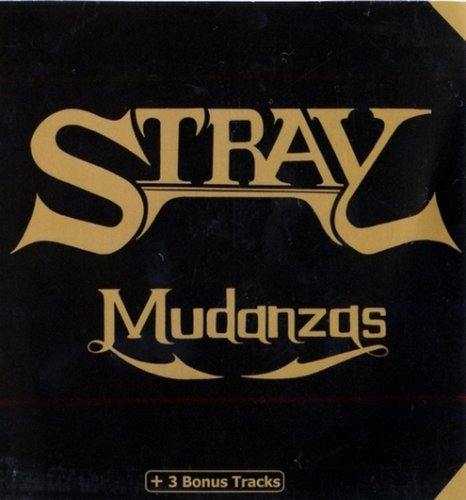

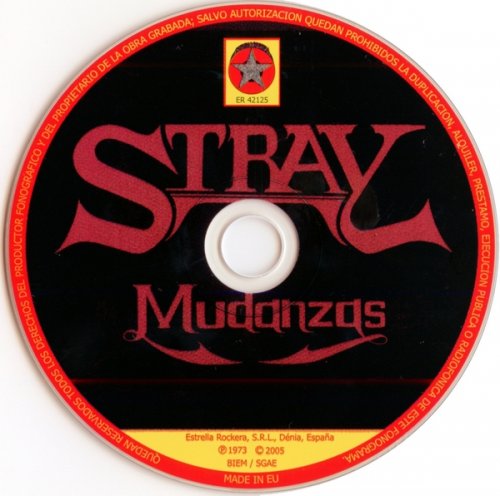
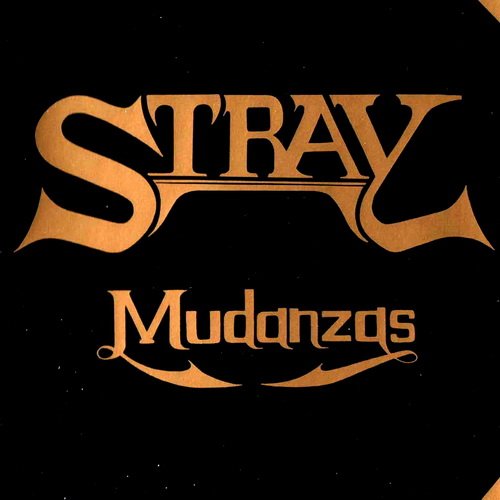
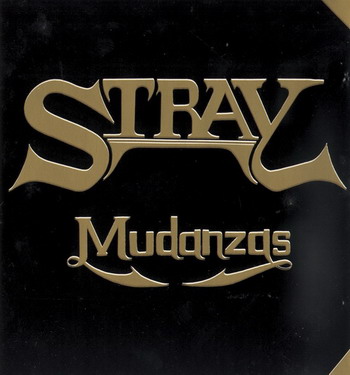
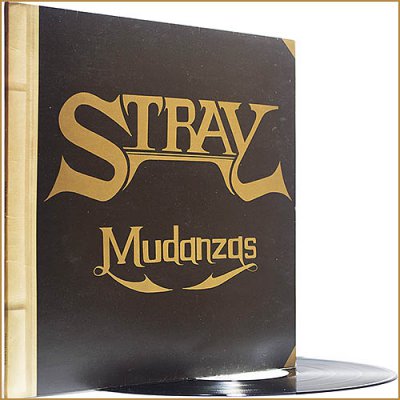
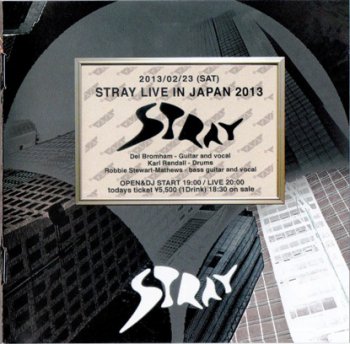
![Stray Dog - Stray Dog (1973) [Vinyl Rip 24/192]](/uploads/posts/2017-06/1497770856_front.jpg)